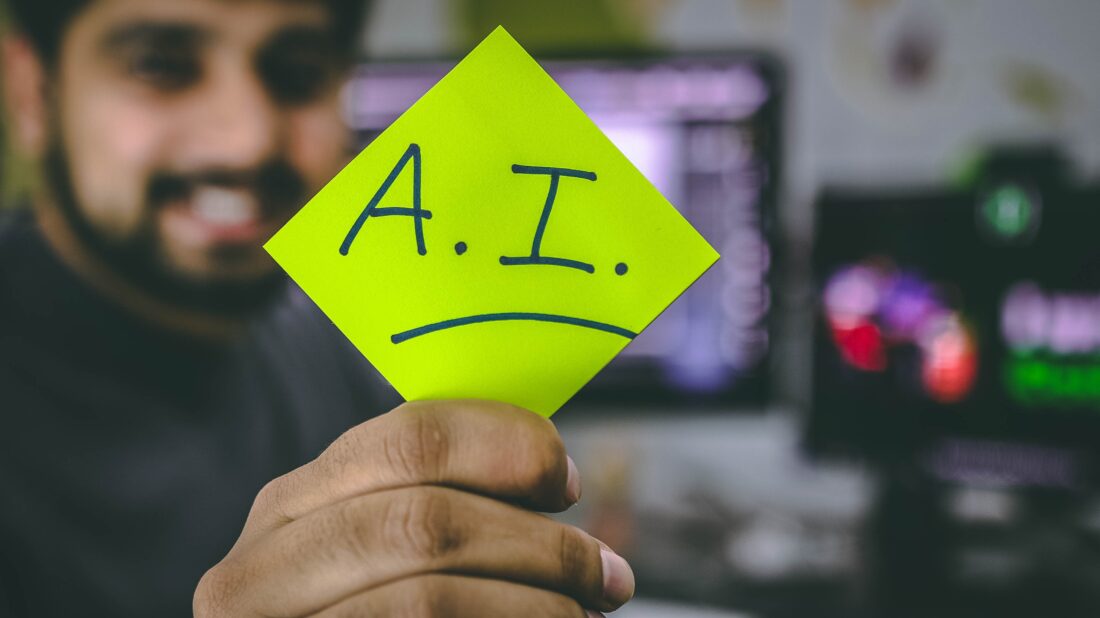Intellect (from the Latin intellectus – sensation, perception, understanding, understanding, concept, reason), or mind – the quality of the psyche, consisting of the ability to adapt to new situations, the ability to learn and remember based on experience, understanding and application of abstract concepts and use their knowledge for environmental management. Intelligence is the general ability to cognize and solve difficulties, which unites all the cognitive abilities of a person: sensation, perception, memory, representation, thinking, imagination.

In the early 1980s. computing scientists Barr and Feigenbaum have proposed the following definition of artificial intelligence (AI):
Artificial intelligence is a field of computer science that develops intelligent computer systems, that is, systems with capabilities that we traditionally associate with the human mind – understanding language, learning, reasoning, problem solving, etc.

Later, a number of algorithms and software systems began to be attributed to AI, the distinctive feature of which is that they can solve some problems in the same way as a person who thinks about their solution would do.
The main properties of AI are understanding of language, learning and the ability to think and, importantly, to act.
AI is a complex of related technologies and processes that develop efficiently and rapidly, for example:
- natural language processing
- machine learning
- expert systems
- virtual agents (chat bots and virtual assistants)
- recommendation systems.